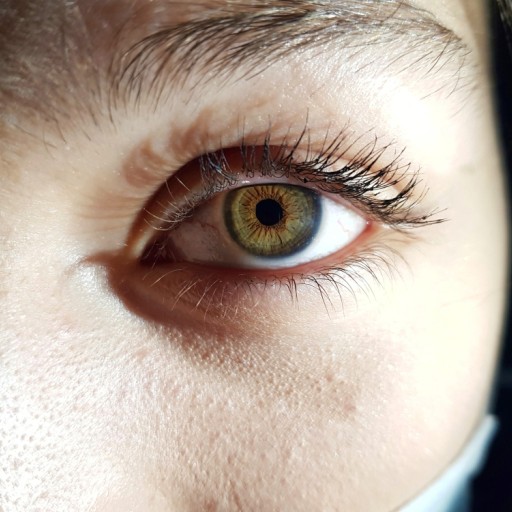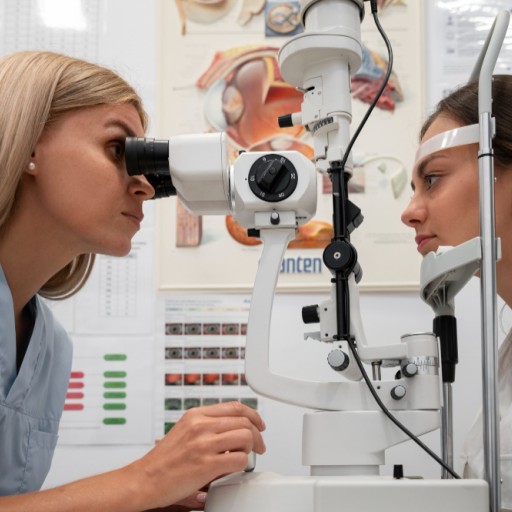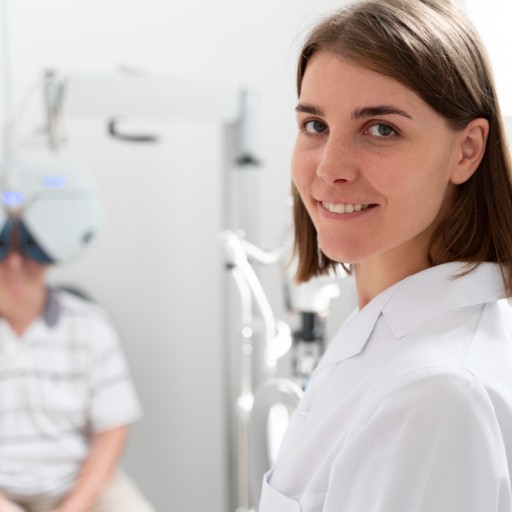Retinal Diseases
4 results foundRetinal Diseases
Retina diseases include disorders affecting the retina, a thin, light-sensitive membrane lining the interior surface of the eye responsible for the conversion of light into visual signals. Since the retina is the most essential tissue within the eyeball, dysfunction or total failure in its physiological function could well result in high loss of visual acuity, or even blindness. Diseases of the retina come in various forms such as age-related macular degeneration, diabetic retinopathy, and others like detachment of the retina and occlusion of the retinal vein.
Cases have been on the increase, especially due to aging populations and in those with other chronic conditions such as diabetes. Early detection of diseases of the retina is increased by the understanding of the diseases.
What are Retina Diseases?
Diseases of the retina are those conditions that include damage in structure and function. The causes include, but are not limited to hereditary, age, and diabetes, among others that relate to health. In instances where impairment occurs in the retina, then blurred vision, distortion, or loss of sight may take place. For this reason, early diagnosis and, where possible, intervention is critical in order to preserve vision.
Common Types of Retina Diseases
There are several forms of diseases of the retina that include:
AMD: A progressive condition wherein the macula-the part of the retina responsible for central vision and fine detail-is affected. It can be characterized by blurriness or a blind spot in the central area of the visual field.
Diabetic Retinopathy: A complication of diabetes resulting from changes within the blood vessels of the retina. It may cause loss of vision unless treated.
Retinal Detachment: This is a condition where the retina loosens from its underlying layer, and if left untreated as soon as possible, may lead to permanent loss of vision.
Retinal Vein Occlusion: This is an obstruction of veins in the retina that leads to swelling and can even cause impairment to vision.
Symptoms of Retina Diseases
The various symptoms of retina diseases depend on the respective condition but may involve the following:
Blurred or Distorted Vision: Objects may appear wavy or blurred, in particular in central vision.
Dark or blank spots in the visual field: Patients may indicate dark spots or gaps in their field of vision.
Sudden Vision Loss: It may show up with sudden loss of vision in cases like retinal detachment.
Difficulty Seeing at Night: Difficulty seeing in dark or at night could be due to a number of general retina conditions.
Following are some of the risk factors that could probably lead to retina diseases:
Age: The majority of the retinal diseases such as AMD and diabetic retinopathy are prevalent in aged people.
Diabetes: High risks for diabetic retinopathy in diabetic patients are a possibility.
Family History: Genetic history of various retina conditions may predispose individuals.
Lifestyle Factors: Such as smoking, obesity, and sedentary life.
Diagnosis of Retina Diseases
Diseases of the retina require detailed eye examination, which may include the following:
Visual Acuity Tests: This is meant to establish the clarity of an individual's vision at near and far distances.
Dilated Eye Exam: A procedure where drops are instilled into the eyes to dilate the pupils, allowing room for the doctor to carry out closer observation of the retina.
Fluorescein Angiography: This involves administering special dye into the system; with time, it gives information concerning blood flow in the retina.
Optical Coherence Tomography: This is a noninvasive test of imaging that provides cross-sectional views of the retina.
Treatment Options for Retina Diseases
The treatment modality for retina diseases depends on the specific problem and the severity of the condition and may include:
Medications: These include anti-VEGF injections, which are usually prescribed for reducing the growth of abnormal blood vessels in AMD and diabetic retinopathy.
Laser Therapy: Laser therapy can also be used to deliver treatments, either to seal off leaking vessels or to create a barrier to prevent further leakage.
Surgery: Most conditions require surgical intervention, including the use of vitreous surgery in the event of retinal detachment or advanced diabetic retinopathy.
Lifestyle Changes: Diabetic retinopathy requires maintenance of blood sugar levels and an appropriate lifestyle.
Prevention for Healthy Retina
Even though not all diseases of the retina can be prevented, but there are ways to minimize the chance of its occurrence:
Eye Tests Regularly: Timely regular check-ups of eyes can help in identifying the problem at early stages.
Manage Chronic Conditions: Control diabetes and hypertension to prevent diabetic retinopathy and all its other complications.
Wholesome Lifestyle Choices: Include antioxidant-rich foods, exercise regularly, and avoid smoking; these go a long way in maintaining good eye health.
Retinal diseases pose one of the most serious threats to vision and, as a consequence, to quality of life. Knowledge of diseases, their symptoms, modes of treatment, allows early diagnosis and interventions. Along with healthy living, regular check-ups of the eyes will help to keep the retina intact and avoid serious eye diseases. Consult an eye care professional to discuss your concerns and explore the best options for your eye health should you have any symptoms of diseases pertaining to the retina.




